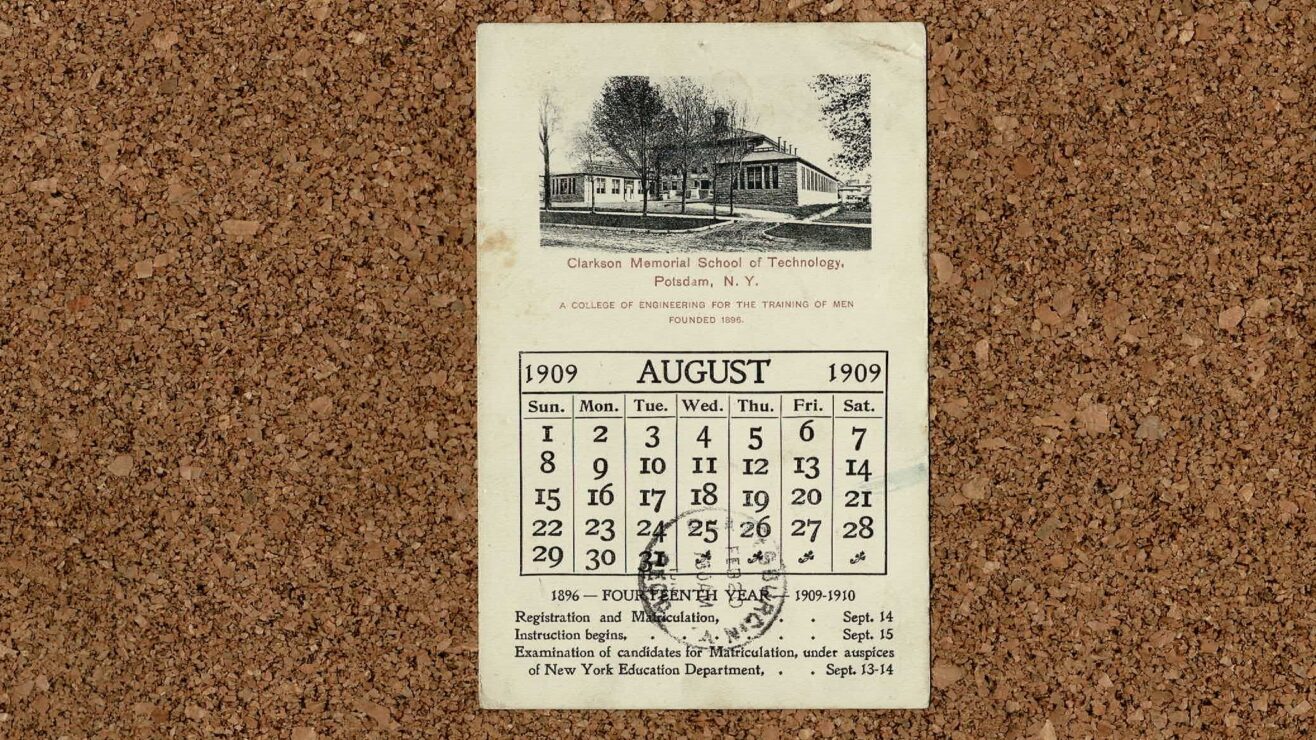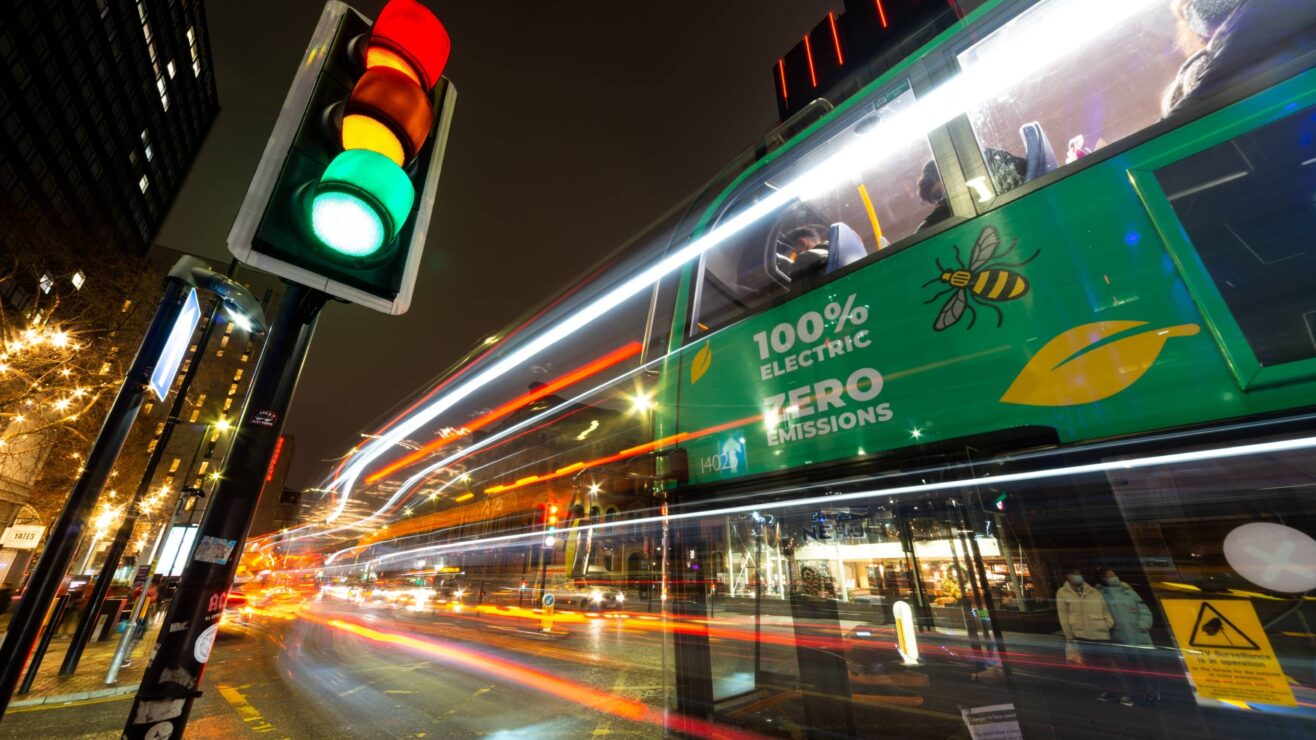Kicking off a new Wonkhe series about the general election told through some key seats with a major higher education presence, I took a trip to Cambridge.
Cambridge is a constituency with an interesting recent political history and a rather obvious university connection, though the political importance of higher education to the city stretches far beyond the ancient quadrangles.
The seat is about as marginal as they get. Stephen Davison, Head of Public Affairs at the University of Cambridge, describes it as “being on a knife edge”. Formerly a three-way race, the battle is now between incumbent Daniel Zeichner for Labour and former MP Julian Huppert for the Liberal Democrats. The past three general elections have seen these now familiar rivals battle for the seat. In 2015, Zeichner won the seat from the incumbent Huppert with a margin of only 599 votes.
Both are pro-EU. You have to be here, in a city which voted 74% in favour of Remain – the second highest for any district outside London and Scotland. Labour hasn’t always fared as well in elections – in 2010 Zeichner came third behind the Conservatives – but recent voting behaviour in Cambridge has shown a fair degree of volatility, with the Tories losing a lot of votes here in 2015 despite their gains elsewhere. Both Zeichner and Huppert are graduates of the University of Cambridge itself, and Huppert is a lecturer at Jesus College with a research background in genomics.
The constituency and the issues
Nick Hillman – known to us now as Director of HEPI – was the Conservative candidate in Cambridge in 2010, and describes the constituency as “like no other”. Roughly a quarter of the constituency population are students. Up until 1950, the university had two of its own seats in Parliament. And in the last election, it was known for having the highest number of hustings – an eye-watering 35, while most constituencies will have a mere two or three. Home to two universities, as well as a host of English language schools and leading primary and secondary schools, the constituency is a hub of educational activity.
While the EU is an important issue for the city, it would be wrong to assume it is the defining factor in this election. Important local issues such as homelessness, house prices, and transport are high on the agenda. With its vast array of educational institutions, it is an area that will pay a closer eye to the debate around education policies than most, though the University of Cambridge brings a certain degree of historical perspective, predating even Parliament itself.
Universities and the city
Students can vote either in their home constituency or at university, and recent HEPI research has shown that the majority do not vote in their term-time seat. Yet a politically savvy student population in Cambridge may wish to take advantage of the marginal nature of the seat and vote there to have the greatest impact.
However, not all students or university staff live within the Cambridge constituency. Parts of the city lie within the solidly Tory constituency of South Cambridgeshire, held by Heidi Allen since May 2015. Girton and Homerton colleges can be found here, as will the Cambridge Biomedical Campus.
Issues such as the EU are sure to be of central importance, with a cosmopolitan student body at both Anglia Ruskin and the University of Cambridge. Then there is the issue of tuition fees, which Labour now plan to abolish. The Liberal Democrats reversal on fees in 2010 was almost certainly a factor in Huppert losing the seat in 2015, despite voting against fee increases himself. Hillman suggested to me that the controversy surrounding Tim Farron’s stance on gay sex could be an issue for liberally minded student and academic voters too. The challenge for Huppert will be to demonstrate that he continues to be an independently-minded Liberal Democrat, despite his party’s wider difficulty. Zeichner, meanwhile, may face a challenge convincing dedicated Remainers that their vote will be safe with Labour, with Jeremy Corbyn formally accepting Brexit in the party’s manifesto.
Hillman fondly recalls how one voter he met while campaigning in 2010 bent his ear about the Research Excellence Framework. There are not many constituencies where candidates have to discuss REF with voters, but the story highlights just how many university staff live in and around Cambridge, and the huge impact they will also have in this election.
Local elections and forecasts
In the recent mayoral election for the Cambridgeshire and Peterborough combined authority, the Conservatives came out on top ahead of the Liberal Democrats. The area saw the highest turnout for a mayoral election in the country – 33% in Cambridgeshire and Peterborough overall, and 42.4% in South Cambridgeshire. The Lib Dems appeared to win the mayoral vote in the City boundaries, but Labour may have nipped it within the Cambridge constituency boundaries. Zeichner has been lucky that the election has been called before the introduction of boundary changes, which were expected to bring in an extra 1,000 voters from the liberal-learning wards of Milton.
Without those changes, the result could be close. On current polls, Dr Chris Hanretty’s forecast gives Zeichner a 72% chance of retaining the seat, with the vote expected to split three ways: Labour at 34%, the Lib Dems at 32%, and the Tories not far behind on 27%. However, pundit and former Tory candidate Iain Dale calls Cambridge “the most nailed on LibDem gain of them all… if they don’t take this seat back, they can’t hope to win elsewhere”.













